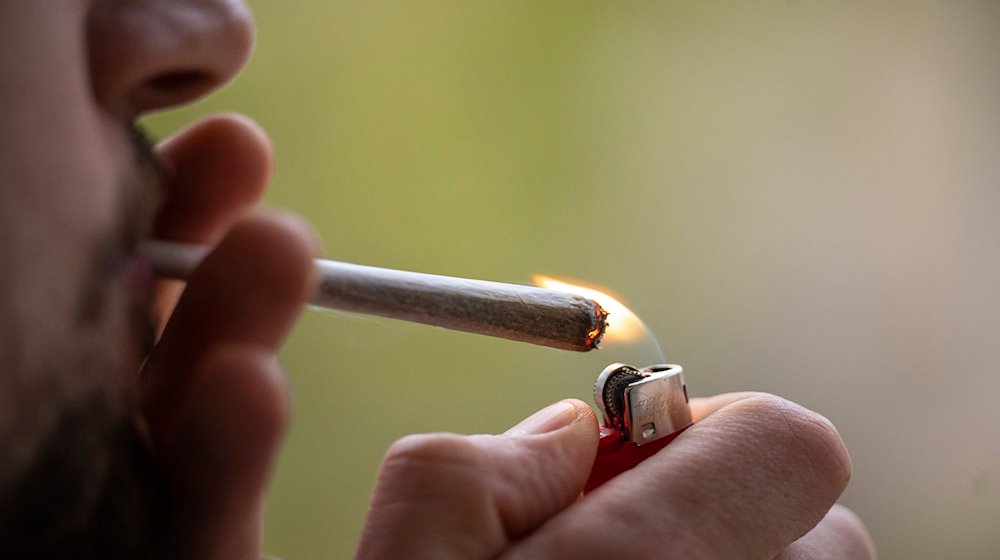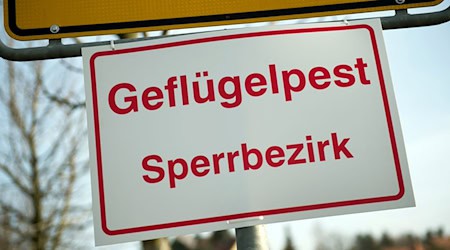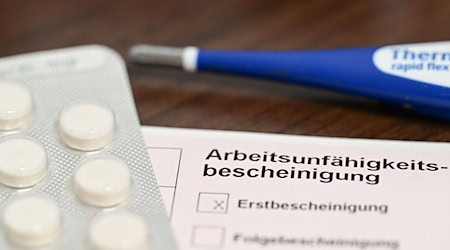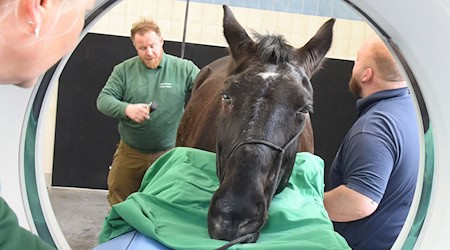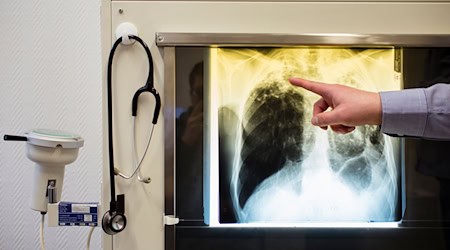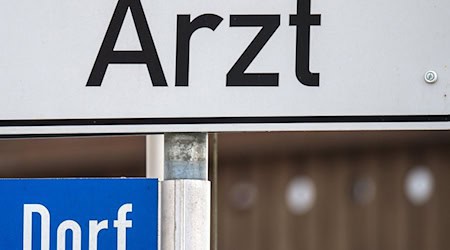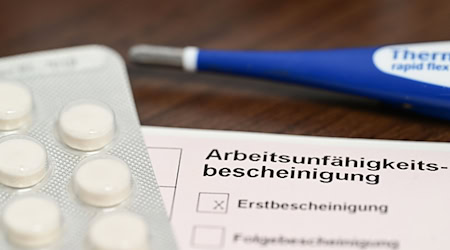In view of the planned legalization of cannabis in April, some Saxon cities have expressed concerns about considerable additional personnel and material expenditure in the area of addiction prevention. Both in the area of prevention and in the spectrum of addiction counseling, new services would have to be established, the city of Leipzig announced on request. In addition, a possible expansion of digital counselling services is currently being discussed.
The Office for Health and Prevention of the state capital Dresden is also critical of the legalization plans. "We also expect additional costs for prevention, counselling and treatment as a result of the legalization of cannabis, which cannot currently be quantified." The health department believes that the Bundestag has a responsibility to equip the municipal level accordingly to deal with the consequences.
The city of Chemnitz takes a similar view. "Prevention services in particular must be adapted and expanded within the scope of available funds." Additional funding from the federal government is not currently planned for the prevention work of local authorities. As children and young people in particular are exposed to increased health risks when using cannabis, the health department is in constant contact with the youth welfare office and the prevention department of the police.
According to the umbrella organization of German Cannabis Social Clubs (CSCD), experience in countries with liberal cannabis regulations in North America indicates that the reduction in criminal prosecution does not lead to additional costs in the area of addiction prevention. This is mainly due to the fact that legalization would hardly lead to any new users.
Members of so-called cannabis clubs would be allowed to grow cannabis together and supply the drug to each other. However, according to the plans, smoking is not permitted in the clubs.
On April 1, adults aged 18 and over will be allowed to possess certain amounts of cannabis in Germany, and the cultivation of some plants will also be permitted. Clubs for joint cultivation will also be possible from July 1. The draft law stipulates that each club may have a maximum of 500 members. A prevention officer must also be appointed. From the CSCD's point of view, the planned law will not lead to legalization, but to decriminalization.
Copyright 2024, dpa (www.dpa.de). All rights reserved

